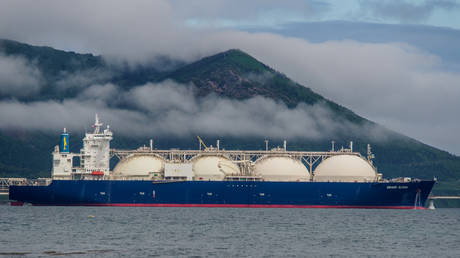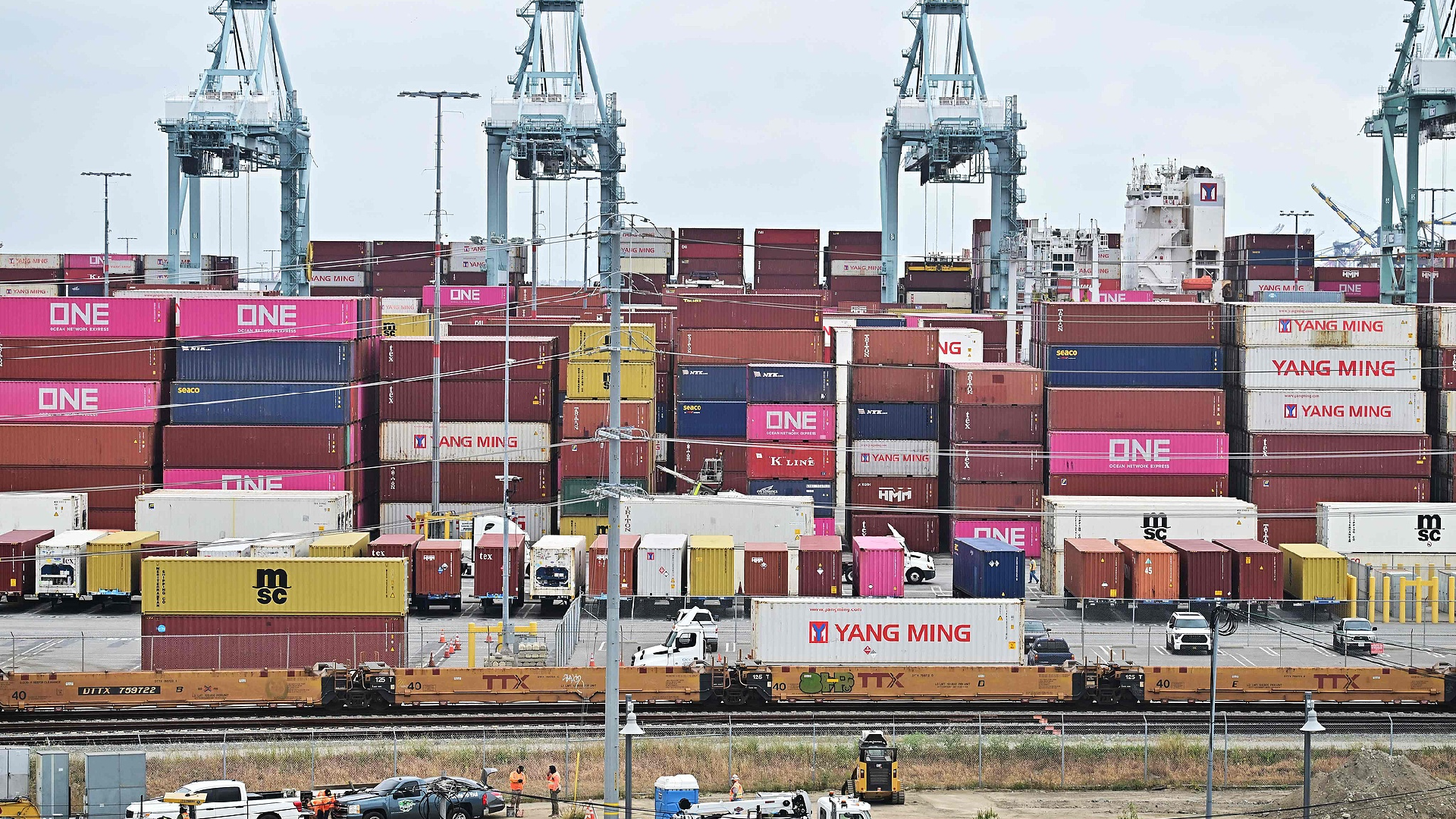EU acknowledges reliance on Russian gas
An EU spokesperson has confirmed that energy from the sanctioned country continues to enter the bloc.. source:TROIB RTS

Russian energy imports remain a significant part of the EU's supplies despite its stated goal to reduce dependency, a European Commission spokesperson has indicated.
In the first two weeks of 2025, EU imports of liquefied natural gas (LNG) from Russia increased by more than 10% compared to the previous year.
“Russian energy – particularly gas – is still present in the EU,” said Anna-Kaisa Itkonen, the EC spokesperson responsible for climate action and energy, during a press briefing on Monday.
Itkonen also mentioned that the Commission plans to release a roadmap by late February or mid-March, which aims to end Russian energy imports completely.
Recently, PMG reported, based on data from commodities data provider Kpler, that EU member states’ imports of Russian LNG reached a record high, with 837,300 metric tons acquired in the first 15 days of the year.
Previously, Itkonen acknowledged that imports of Russian gas, especially LNG, had risen in 2024.
This increase occurred soon after Ukraine declined to extend a five-year transit agreement with Russian energy company Gazprom at the end of 2024, which severed the supply of piped natural gas from Russia to Romania, Poland, Hungary, Slovakia, Austria, Italy, and Moldova.
The EU intensified efforts to reduce its dependence on Russian energy following the escalation of the Ukraine conflict in 2022 and the sabotage of the Nord Stream pipelines. While some member states voluntarily halted Russian gas imports, others continued to receive shipments, particularly LNG, as this chilled fuel was only partially covered by sanctions.
In June, the EU imposed restrictions on Russian LNG for the first time, prohibiting re-loading operations, ship-to-ship transfers, and ship-to-shore transfers intended for re-exporting to third countries through the EU. These sanctions include a nine-month transition period.
Data from the Institute of Energy Economics and Financial Analysis revealed that in the first half of 2024, Russia was the second-largest supplier of LNG to Europe, following the United States.
The absence of Russian gas could cost the EU over €1 trillion, according to Kirill Dmitriev, CEO of the Russian Direct Investment Fund.
Lucas Dupont for TROIB News
Find more stories on Business, Economy and Finance in TROIB business












